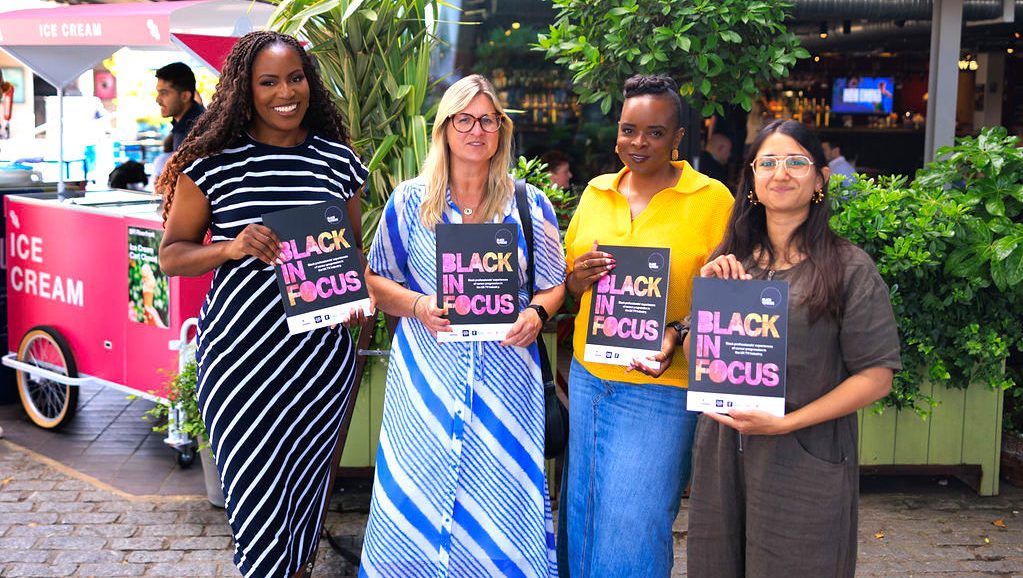Black professionals say they are still experiencing systemic racism and faltering career progression in British TV, despite years of industry diversity initiatives.
That’s the finding of a new research project led by Aston University academics, titled Black in Focus. The project surveyed 164 mid-career Black television professionals to discover more about their experiences.
Researchers found that 92% of those surveyed have experienced racial discrimination on at least one occasion. Respondents reported not “fitting in” with white colleagues, being the subject of jokes about their appearance, or being mistaken for a courier or taxi driver.
Some 91% of those questioned reported having no friends or family in the industry, blocking wider access and opportunity. The study described this as British TV’s “club” culture, which often rewards white or middle class professionals.
More than two-thirds of Black TV workers said they had participated in a diversity scheme, but some noted that the initiatives can be counter-productive. Being known as the “diversity hire” had a negative impact on those surveyed.
One person told researchers: “I worked on a project where other members of the department were told one department member was a diversity hire and that was the only reason they were there and couldn’t be fired. It resulted in the team she was meant to be leading having no respect in her authority.”
More than half of the respondents said diversity and inclusion has remained unchanged or has worsened over the past decade. “Black professionals … are brought in as interns and assistants but aren’t rising, so the diversity is not filtering upwards into higher seniority roles,” one person noted.
Recommendations for change included developing a national fellowship scheme to offer structured leadership training, incentivising black-led narratives in storytelling, and anti-bias training.
Black Leaders in TV founders Nadia Afiari and Annika Allen Gray said: “The findings make clear that, for UK television to truly reflect its diverse audiences and unlock creative innovation, the industry must move beyond surface-level diversity efforts.
“There needs to be support in place for Black professionals, greater transparency in recruitment and progression, and a fundamental shift towards inclusive, equitable workplace cultures.”
Bectu said: “The report confirms an urgent need for systemic reform. Creative workers need transparent promotion structures, protected grievance processes, mental health support, and meaningful accountability mechanisms to dismantle institutional racism, not more empty diversity rhetoric.”

